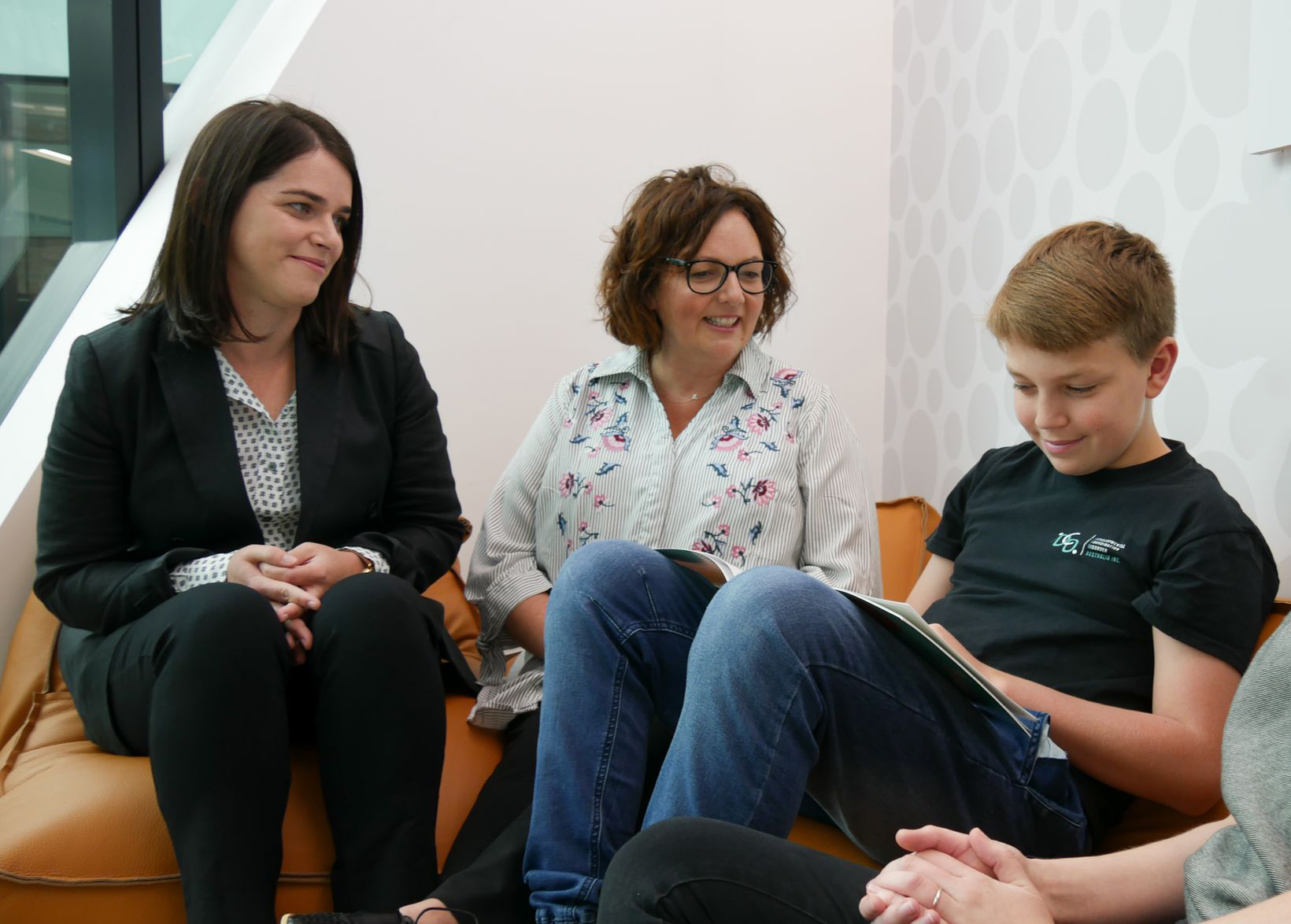Search
Showing results for "Professor"
Research
Charting developmental trajectories from 12 to 36 months and associated early risk and protective factorsTo investigate developmental trajectories in early childhood and predictors of class assignment.
Research
Retirement, housing mobility, downsizing and neighbourhood quality - A causal investigationThis paper provides the first causal evidence on the impact of retirement on housing choices. Our empirical strategy exploits the discontinuity in the eligibility ages for state pension as an instrument for the endogenous retirement decision and controls for time-invariant individual characteristics. The results show that retirement leads to a statistically significant and sizable increase in the probability of making a residential move or the likelihood of becoming outright homeowners.
Research
Linking MECP2 and pain sensitivity: the example of Rett syndromeThis study investigated the nature and prevalence of atypical pain responses in Rett syndrome and their relationships with specific MECP2 mutations.
Research
Stereotypical hand movements in 144 subjects with Rett syndrome from the population-based Australian databaseStereotypic hand movements are a feature of Rett Syndrome but few studies have observed their nature systematically.

News & Events
Poor access to mental health services linked to suicide hotspots: studyCommunities with poor access to mental health services are eight times more likely to be youth suicide hotspots, according to new The Kids Research Institute Australia research.

News & Events
Strep A hits Perth family twice in one yearCharlie, 6, has ended up in hospital twice with invasive Strep A infection over his short lifetime – the first time when just three years old.

News & Events
Back to school: How to pack a healthy lunchbox to keep your child fuelled up for learning and playPlenty of parents will tell you the daily lunchbox dilemma is one thing they did not miss during the summer holidays – which stretched even longer due to WA’s hard lockdown.

News & Events
New research reveals impact of little-known disorderA new report released by The Kids Research Institute Australia in collaboration with Victoria University has revealed the significant social and emotional toll of Developmental Coordination Disorder (DCD).

News & Events
How you can help your child adapt to home schoolingMany children have transitioned to home schooling as a result of the COVID-19 pandemic – bringing about a big change in routine for kids and the entire family.

News & Events
Tips for talking to your teenager about drinking before Leavers WeekAs thousands of West Australian school leavers pack their bags for a week of celebration to mark the end of their school journey this weekend, it can be an anxious time for parents.
